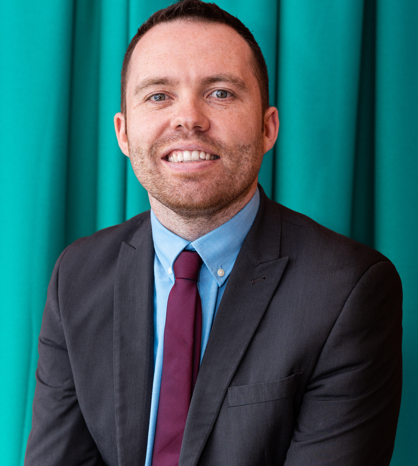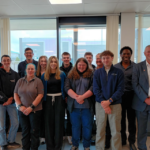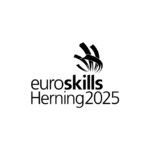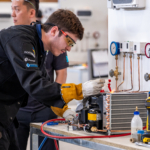Scott Forbes, Deputy Chief Executive, Skills and Education Group
“You’re well-spoken for a black person…” Yes, you did read that right. Here’s another; “Everyone is talking about us. Everyone is talking about trans kids and trans young folks and people being trans and the threats of trans women, but no one’s actually talking to trans people.” These are quotes taken from series two of our Skills and Education Group podcast, Let’s Go Further.

The first is something a member of a media production team said to one of our guests, TV presenter Will Njobvu. The second is a point made by another of our guests, Jake Graff; a trans man and one half of a trans couple. In their episode Jake and his wife, Hannah, explain how they have heard from trans children who are now home-schooled due to the “vitriolic”, “dangerous” and “toxic” atmosphere experienced at school and college.
Are we doing as well as we think we are?
The first of those quotes hits you hard. Do people really still say that kind of thing? Yes, they do. So maybe we’re not as far along in our diversity journey as we like to think we are. The second highlights one of the many ways in which society is falling short – by not including the very people we are trying to support in the conversations on how to improve inclusion, we continue to fail them. Both illustrate why we dedicated an entire series of our podcast to equity, diversity and inclusion.
Diversity is defined as everything that makes people different to each other; race, ethnicity, gender, sexual orientation, socioeconomic status, ability or religious belief. Inclusion is the practice or policy of providing equal access to opportunities and resources for people who might otherwise be excluded or marginalised.
Why is it so important?
At the Skills and Education Group we strive to support all learners in achieving their potential. We want to achieve educational, economic and social advancement for all. We can’t do that without championing diversity and inclusion because we believe it’s an integral part of creating a united, equal, happy and productive society. And, also, because it’s simply the right thing to do.
Human nature dictates that when we feel included we also feel valued, respected and empowered. When we embrace diversity we create a more empathetic, understanding society. When we encounter people with varied experiences and beliefs, we broaden our perspectives and challenge our assumptions. We foster positive social change, challenge the harmful stereotypes and stamp all over discrimination.
In FE we are shaping the citizens of tomorrow, so we need to send a powerful message; a society that treats everyone with respect, is more resilient, inspiring and innovative. When we work together, we boost creativity and productivity. People in that society will thrive and be far more likely to achieve their full potential. Isn’t that what we all want?


